The gastrointestinal digestive process consists of three phases:
- Cephalic phase;
- Gastric phase;
- Duodenal phase.
The sight, the smell, the noise of cutlery, plates, cooking and even the thought of food, produce a series of stimulatory signals directed to the central nervous system. Efferent stimuli depart from here which, after reaching the stomach, increase the secretion of gastric juice.
This signal travels along the fibers of the vagus nerve, responsible for the conduction of excitatory stimuli processed by the parasympathetic nervous system.
. The secretory stimulus is also linked to the activity of chemoreceptors, cellular receptors sensitive to certain chemicals and in particular to alcohol, coffee, proteins (especially those partially digested by pepsin). This explains why some foods, such as aperitifs and consommé , are generally consumed at the beginning of the meal, with the aim of promoting digestive processes.
The mechanical and chemical signals, in addition to directly stimulating the chloropeptide secretion, increase the release of gastrin. When this hormone is released into the bloodstream, it quickly reaches the heart and from there it returns to the stomach, where it increases the secretion of the gastric glands.
When the bolus reaches the stomach it does not pass directly into the duodenum, but remains in the fundus and body region for about an hour. In this way, the nutritional material has plenty of time to be attacked by the gastric juice. After this interval, the chyme tends to move towards the pylorus and reach the duodenum.
stimulates the mechanoreceptors located along the walls of this first section of the small intestine. As the name implies, the mechanoreceptors receive mechanical signals which, in this case, are linked to the distension of the duodenal walls. This mechanism activates a response of the system orthosympathetic nervous system, which has an inhibiting activity on gastric secretion.Also in this case, the entire process is influenced by various factors. First of all, duodenal chemoreceptors are involved, sensitive to the presence of hydrochloric acid, which represents an unequivocal signal of the passage of chyme from the stomach to the duodenum. If gastric digestion is over, glandular secretion of the stomach is useless and potentially dangerous (ulcers) For this reason, various intestinal hormones (CCK, GIP, secretin etc.) are released during the duodenal phase, with the aim of inhibiting gastric secretion.
(peristalsis) originating from the muscular wall of the stomach. The gastric musculature is not evenly distributed, but becomes thinner in the fundus and body regions, and extremely thick and powerful in the terminal portion (antrum and pylorus). All this has a functional significance, since, while the body and bottom act as reservoirs for the bolus, the lower regions of the stomach are responsible for the passage of chyme into the duodenum.

In basal conditions (fasting) the pylorus is not completely closed like the cardia (upper stomach orifice), but remains half-open. The spontaneous ascent of the duodenal contents is in fact hindered by the typical hook shape of the pylorus. When the peristaltic contraction wave violently invests the pylorus it tends to occlude it, hindering the diffusion of the chyme into the duodenum. Much of the gastric contents pushed at great speed against the pylorus, thus returns to the body of the stomach. At this point the entire process. is repeated until complete gastric emptying.
Stomach peristalsis offers a twofold benefit. First of all it favors the mixing of the chyme, facilitating the numerous actions of the gastric juice. It also slows down the passage of chyme into the duodenum, allowing intestinal enzymes to digest it completely. If this were not the case, in addition to the digestive processes, the absorption of nutrients would also be compromised.
Precisely for this reason, patients without stomachs (total gastrectomy, which is necessary especially in the case of stomach cancer) are forced to eat meals that are not very consistent and close together. Furthermore, since it does not produce intrinsic factor, a supplement of vitamin B12 is essential.
Gastric contractility is controlled by the same excitatory and inhibitory factors that regulate hydrochloride secretion.

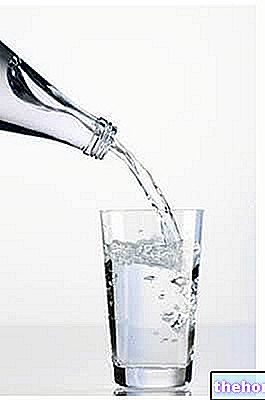
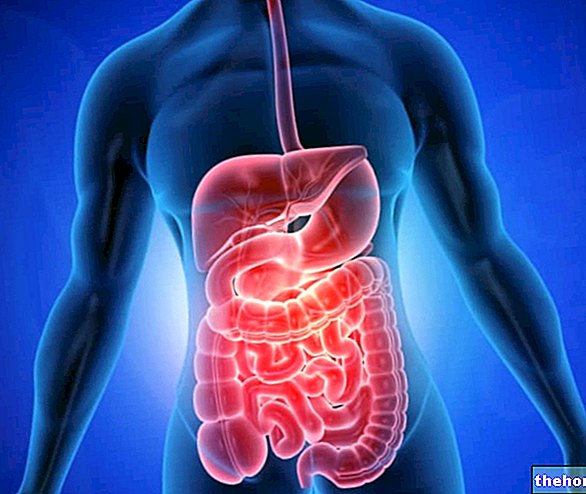
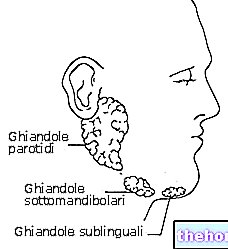
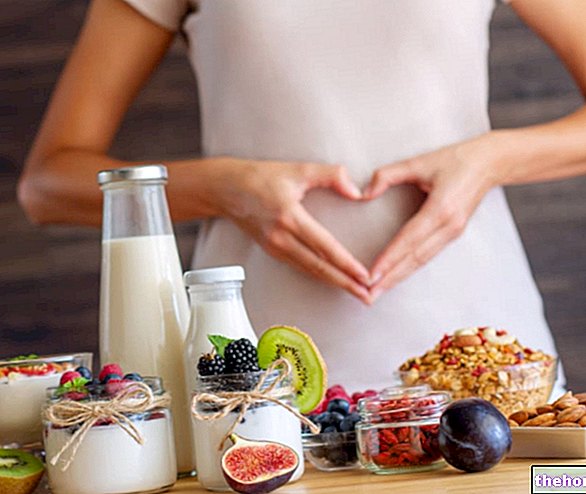
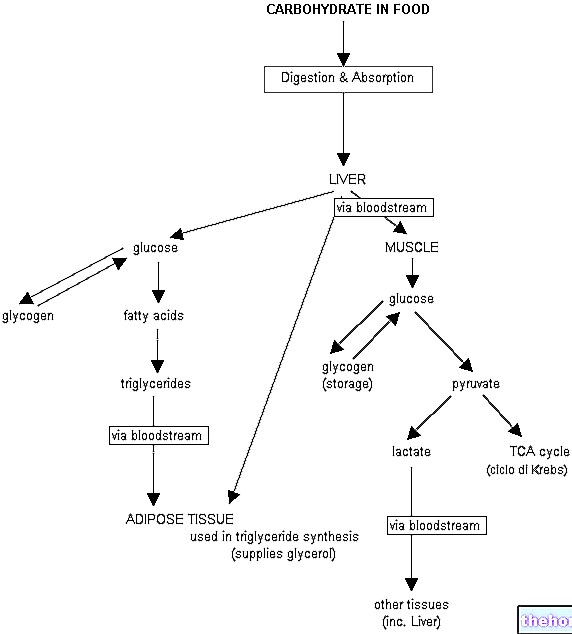
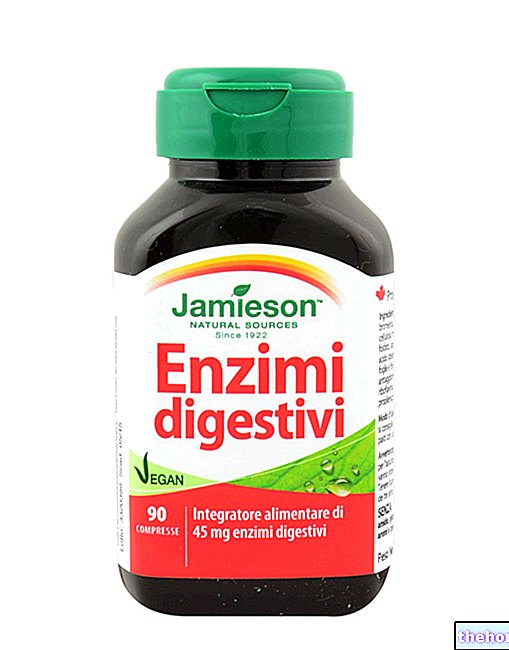









.jpg)











